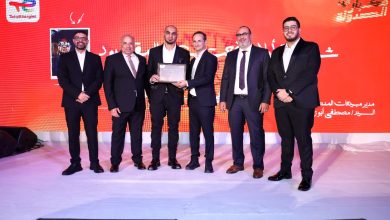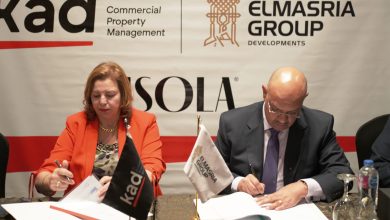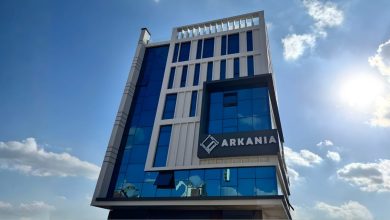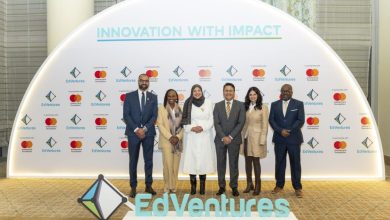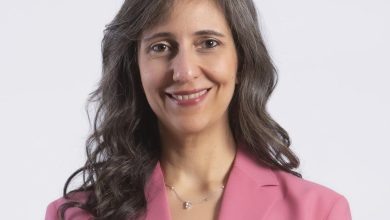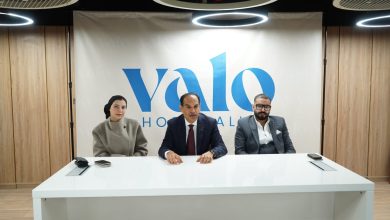Ericsson’s story in Egypt is more than a century in the making. In 1897, we helped establish the country’s
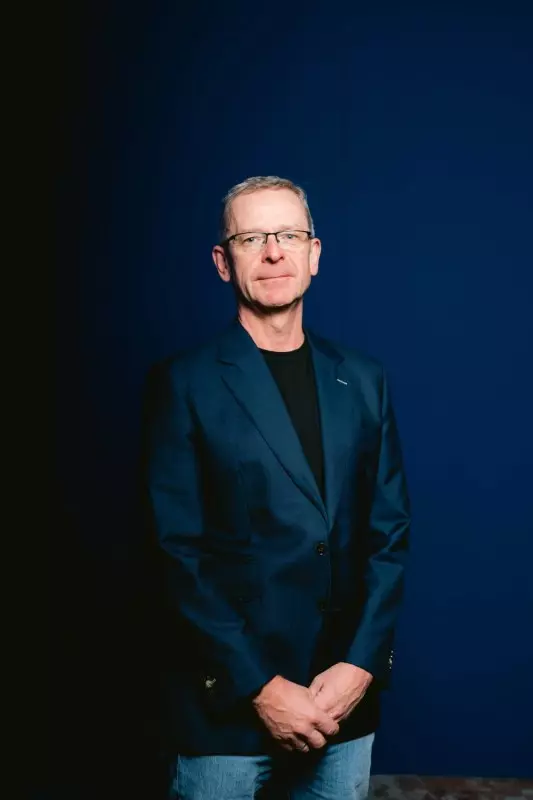
Ericsson’s story in Egypt is more than a century in the making. In 1897, we helped establish the country’s first telephone exchange in Alexandria, marking the beginning of a partnership built on innovation and resilience.
Over the decades, we have worked side by side with Egyptian operators and policymakers to expand connectivity, modernize networks and bring the benefits of mobile technology to millions of people.
Ericsson’s
Today, as Egypt accelerates its digital transformation, Ericsson remains as committed as ever to supporting the nation’s ambitions with the next generation of connectivity: 5G Standalone (SA).
5G as an Enabler of Egypt’s Economy
The case for 5G SA in Egypt extends far beyond faster speeds on a smartphone. 5G SA delivers the true 5G experience, low latency, native network slicing, and cloud-native core functions which together enable differentiated connectivity offerings that can be tailored to specific industries and enterprise use cases. It is about enabling the sectors that underpin the national economy.
Manufacturing can leverage 5G SA and differentiated connectivity to automate production lines, deploy robotics and enable predictive maintenance, making factories smarter and more efficient. In logistics and ports, particularly along the Suez Canal, one of the world’s most vital trade arteries, 5G supports real-time tracking, AI-driven traffic management and secure supply chains.
In energy, it connects smart grids and enhances the integration of renewable sources, while in agriculture, IoT sensors and data-driven irrigation can increase yields and conserve water.
Global momentum shows how transformative this shift can be. According to the Ericsson Mobility Report, 5G is on track to account for about one-third of mobile subscriptions worldwide this year, supported by more than 340 commercial launches and some 70 standalone deployments . Those standalone deployments are the platform on which Differentiated Connectivity for enterprises can be built at scale.
Egypt recently approached an important milestone by introducing initial 5G services nationwide. Marketing campaigns promoting new 5G services as well as first impressions of 5G subscribers experiencing throughput enhancements raise the bar for CSPs to meet the expectations.
Moving from non-standalone implementations to full 5G SA will allow operators to transition from marketing faster mobile broadband to offering guaranteed, tailor-made connectivity packages for enterprise commercialising differentiated connectivity.
Our latest research on the value of 5G highlights on global level 5G smartphone users are increasing their Augmented Reality (AR) usage by 50 percent in the last two years and spending twenty extra minutes daily streaming content through advanced video streaming formats compared to a year ago. Through the combination of speed tiering, app bundling, and quality of service (QoS)-led offerings, we are seeing these propositions driving up usage.
Users with innovative customer experience service bundles allocate over one-third of their video streaming time to enhanced content, compared to only one quarter without a bundle. Customer experience is central to the future of Telco success, with 5G smartphone users having a willingness to pay an 11% premium for such a service for differentiated connectivity.
While consumers are quick to pick up new trends and technology, service providers are still on the journey. Our data shows that in twenty-one out of thirty-four markets, smartphone users appear satisfied with 5G compared to 4G network performance.
However, the reason for dissatisfaction varies across markets. In markets like Japan, South Korea, and Taiwan, despite ranking high for network speeds, consumers have extremely elevated expectations on 5G performance, especially availability.
Other reasons for disappointment include dissatisfaction with 5G pricing and plans, lack of perceived performance boost compared to 4G, which tends to do the job well, and the strain on 5G networks as the share of 5G traffic starts to overtake 4G.
This also needs to be seen in the context of 5G next wave consumers who are mainstream users and have higher expectations on performance and value and are less forgiving of coverage gaps.
In Egypt, as CSPs advance in their 5G maturity journey, our global experience indicates that realizing this potential will depend on an optimal spectrum strategy that prioritizes contiguous 100 MHz blocks in the mid-band, complemented by low-band spectrum for wider reach.
This model, already applied in the UAE and Qatar to build some of the world’s fastest 5G networks, would enable Egypt to optimize deployment costs while maximizing performance and coverage. In the Middle East and North Africa, 5G is forecast to represent about 61 percent of all mobile subscriptions by 2030 , with strong growth across consumer and enterprise segments. Egypt has the opportunity to align with this trajectory and ensure its industries are globally competitive.
Driving Inclusion and National Reach
Egypt’s digital transformation cannot be confined to its major cities. Inclusion must be built into the foundation of any 5G strategy.
Fixed Wireless Access (FWA) is expected to represent more than 35 percent of new fixed broadband connections globally by 2030 , and it offers a powerful solution for extending high-quality connectivity to underserved areas. By leveraging existing mobile footprints, FWA can deliver reliable broadband quickly and economically, helping close the digital divide between urban and rural communities.
Beyond access, sustainability matters. Modern 5G networks are more energy-efficient than their predecessors, supporting Egypt’s environmental commitments while ensuring that connectivity growth does not come at the cost of higher emissions. In this way, spectrum strategy, inclusive rollout and energy-efficient design work hand in hand to deliver a digital transformation that benefits all.
Fueling Entrepreneurship and Innovation
Egypt’s digital economy is also driven by its people. With one of the largest and youngest populations in the region, the country is rich with entrepreneurial talent eager to shape the future. Here, 5G SA and differentiated connectivity will act as a catalyst for innovation, giving small businesses and start-ups the tools they need to compete on a larger stage.
In fintech, advanced mobile networks can expand secure digital payments and accelerate financial inclusion, particularly for communities that remain underserved by traditional banking.
In healthcare, differentiated connectivity enables remote diagnostics, connected hospitals and telemedicine solutions that bring world-class care closer to patients without compromise.
In education, it powers immersive digital classrooms and expands access to knowledge for students in both cities and rural areas. By lowering barriers to entry for new services, 5G opens the door for a wave of entrepreneurial activity that can strengthen Egypt’s role in the digital economy.
We at Ericsson are committed to supporting this ecosystem. We partner with universities, research centers and innovation hubs to share global expertise and build digital skills. By investing in talent development, Egypt can harness its youth dividend and ensure the benefits of 5G extend across society.








